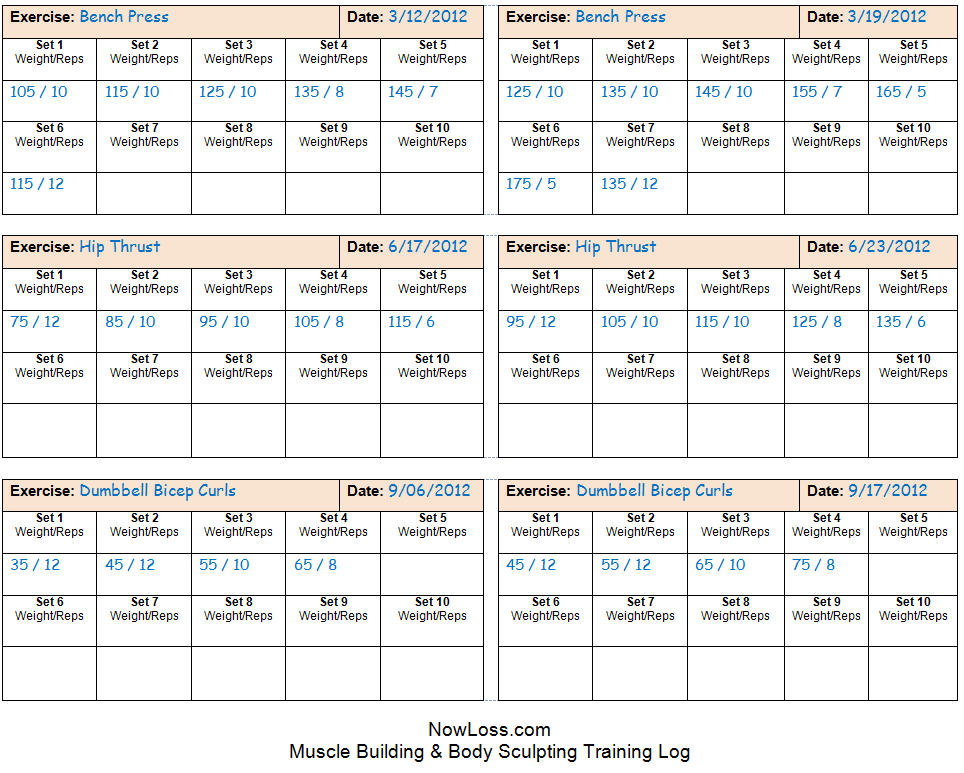Evidence that supports the prescription of low-carbohydrate high-fat diets: a narrative review
Abstract
Low-carbohydrate high-fat (LCHF) diets are a highly contentious current topic in nutrition. This narrative review aims to provide clinicians with a broad overview of the effects of LCHF diets on body weight, glycaemic control and cardiovascular risk factors while addressing some common concerns and misconceptions. Blood total cholesterol and LDL-cholesterol concentrations show a variable, highly individual response to LCHF diets, and should be monitored in patients adhering to this diet. In contrast, available evidence from clinical and preclinical studies indicates that LCHF diets consistently improve all other markers of cardiovascular risk—lowering elevated blood glucose, insulin, triglyceride, ApoB and saturated fat (especially palmitoleic acid) concentrations, reducing small dense LDL particle numbers, glycated haemoglobin (HbA1c) levels, blood pressure and body weight while increasing low HDL-cholesterol concentrations and reversing non-alcoholic fatty liver disease (NAFLD). This particular combination of favourable modifications to all these risk factors is a benefit unique to LCHF diets. These effects are likely due in part to reduced hunger and decreased ad libitum calorie intake common to low-carbohydrate diets, allied to a reduction in hyperinsulinaemia, and reversal of NAFLD. Although LCHF diets may not be suitable for everyone, available evidence shows this eating plan to be a safe and efficacious dietary option to be considered. LCHF diets may also be particularly beneficial in patients with atherogenic dyslipidaemia, insulin resistance, and the frequently associated NAFLD.
Introduction
Imagine a obese (BMI=32 kg/m2) woman aged 57 years with other evidence for insulin resistance (IR), including hyperinsulinaemia and impaired glucose tolerance together with atherogenic dyslipidaemia (AD) (triglyceride (TG)=340 mg/dL (8.8 mmol/L), HDL-cholesterol (HDL-C)=42.4 mg/dL (1.1 mmol/L), LDL-cholesterol (LDL-C)=195 mg/dL (5.05 mmol/L)) who enters her family physician's office. Frustrated with her poor health and progressive weight gain, on the advice of a friend, she has decided to begin a low-carbohydrate high-fat (LCHF) Atkins-type diet. How should her physician respond? What evidence does the physician require to make an informed decision?
LCHF diets have polarised the opinions of medical caregivers, especially since the publication of Dr Atkins' Diet Revolution in 1972.1 Some believe that these diets effectively treat type 2 diabetes mellitus (T2DM), obesity and metabolic syndrome.2 ,3 Others consider them to be simply a fad4 in conflict with current globally accepted dietary guidelines that advocate low-fat high-carbohydrate (LFHC) diets to reduce the risk of cardiovascular disease.5 ,6 Faced with such conflicting opinions, the clinician may be unsure how to advise this or other similar patients. Here, we provide an updated narrative review of the large body of published evidence describing the physiological effects, efficacy and safety of LCHF diets for the management, especially of this type of patient characterised by IR and AD.
A number of systematic reviews have compared the effects of LCHF diets, traditional LFHC diets and other dietary strategies7–13 on body weight control and cardiovascular risk factors. Collectively, they establish that, for weight loss, LCHF diets are just as effective, if not more so, than LFHC diets.9 ,14–16 They also highlight a number of significant changes to cardiovascular risk factors in participants adhering to LCHF diets.10 ,14 ,17 The strength of these reviews is their systematic research strategy and meta-analysis of data to answer specific research questions. However, this strength limits their relevance to their defined question, not allowing a broader overview of the evidence for metabolic, physiological and other effects of LCHF diets.
The aim of this review is not to argue whether LCHF diets are superior to other dietary strategies for any specific health outcome. Rather, we synthesise the evidence for the effects of LCHF diets on weight loss, glycaemic control, modification of cardiovascular risk factors as well as non-alcoholic fatty liver disease (NAFLD) and its associated AD. Further, we address common concerns sometimes presented as reasons why LCHF diets should not be prescribed to any patient. Through this process, we hope to provide clinicians with additional evidence to inform their clinical decision-making, better to understand the potential benefits of these eating plans for at least some patients.
Definitions
Though definitions of LCHF diets differ, the following three-tiered definition will be used in this paper.2
Moderate carbohydrate diet (26–45% of daily kcal)
LCHF diet (<26% of total energy intake or <130 g CHO/day)
Very LCHF (ketogenic) diet (20–50 g CHO/day or <10% of daily kcal of 2000 kcal/day diet)
Reduced carbohydrate diets are those that have carbohydrate intakes below the Dietary Guidelines for Americans (DGA) recommendations (of 45–65% of total energy intake). However, we define LCHF diets as those that restrict carbohydrate intake to 130 g/day or less. Very LCHF (ketogenic) diets may induce ketosis in some people. Though individual responses vary, ketosis usually occurs in people who restrict their carbohydrate intake to below 20–50 g/day with some degree of protein restriction.
Since the carbohydrate content of the diet is significantly reduced, the relative proportion of energy derived from protein and fat will increase. In practice, however, LCHF diets typically produce a reduction in hunger,18 with the result that the individual's total caloric consumption will usually decrease on the LCHF diet, sometimes significantly. Therefore, even though the relative contribution of fat to dietary energy intake may increase, the absolute fat intake may not. As a result, the term ‘high fat’ diet may be misleading. Hence, the term low-carbohydrate healthy fat is probably more appropriate.



